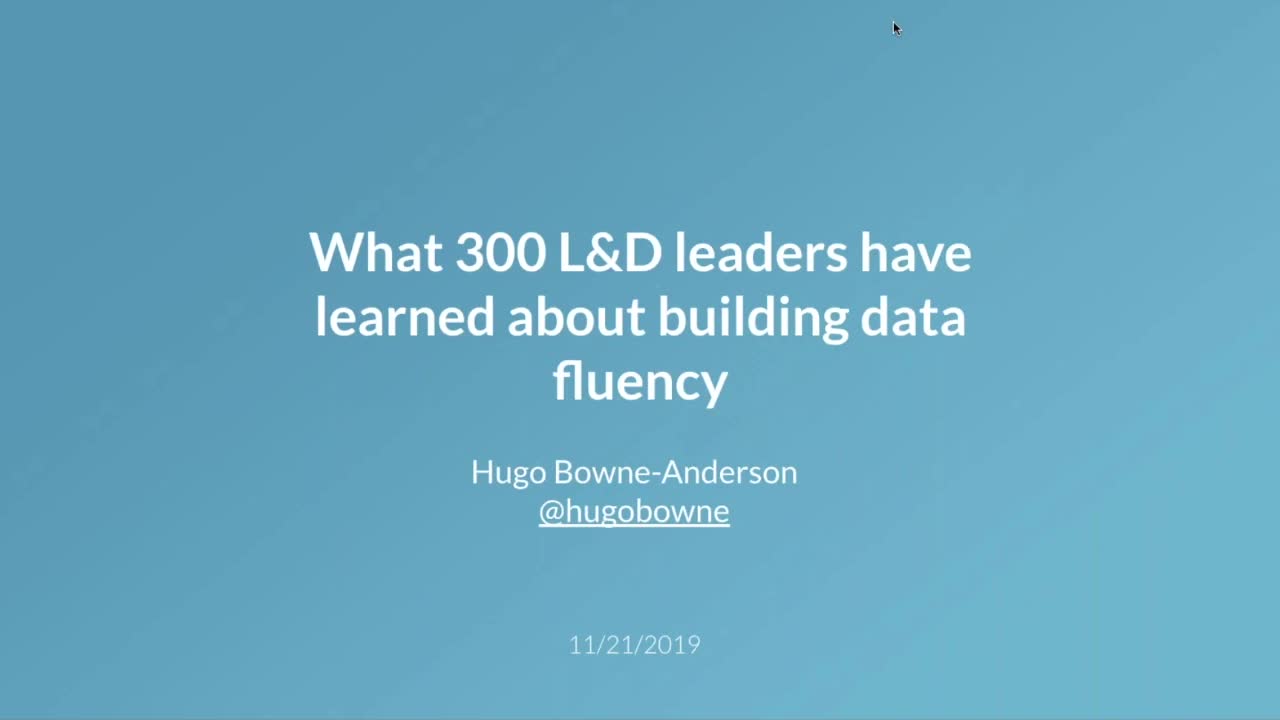Accéder au contenu principalPour les entreprises





Haut-parleurs
Formation de 2 personnes ou plus ?
Donnez à votre équipe l’accès à la bibliothèque DataCamp complète, avec des rapports centralisés, des missions, des projets et bien plus encoreConnexe
white paper
What 300+ L&D Leaders Have Learned About Building Data Fluency
Learn all about how to build a data-fluent culture and the wins you can unlock.white paper
What Data Fluency Looks Like
Cultivate a learning environment for data fluency at your company.webinar
What L&D Leaders Need to Know About Data Fluency
Find out about the data fluency competency areas to build within organizations.webinar
The Learning Leader's Guide to Data Fluency
Learn how L&D is the silver bullet for organizational data fluencywebinar
How Learning Leaders Can Drive Data Fluency
Learn what is a data fluent organisation and best practices for achieving thiswebinar
Building Data Fluency in an Organization
Dive into the value of data fluency in an organization and how to achieve it.Join 5000+ companies and 80% of the Fortune 1000 who use DataCamp to upskill their teams.
Loved by thousands of companies

